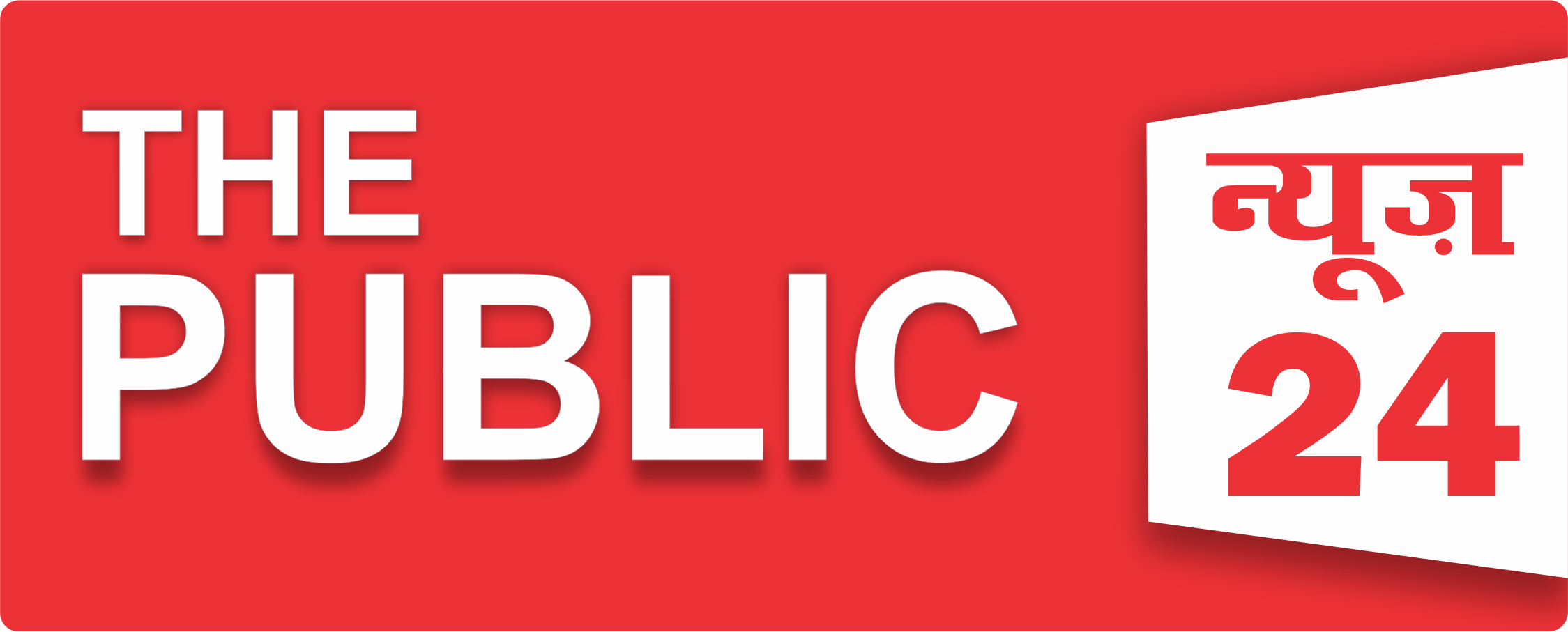How to clear USMLE in the first attempt Exclusive Interview with Dr.Mukesh Bhatia |
Step 1 assesses whether you understand and can apply important concepts of the sciences basic to the practice of medicine, with special emphasis on principles and mechanisms underlying health, disease, and modes of therapy.
We have Discussed with Dr. Mukesh Bhatia : Founder of Dr.Bhatia Medical Institute for the USMLE examination.
Watch
Now CS Removed from USMLE
What is USMLE ?
Q. How many steps are there in USMLE ?
Q. What DBMCI is offering now?
Q. What is the strategy by DBMCI.
Q. What are Additional Advantages
Q. When should students start preparing for USMLE Step -1
Q. What is the best time to write the Exam?
Q. What is the right score for Surgical/Clinical branches?
Q. How USMLE preparation help for NEXT Exams?
Q. What is the Exam format of USMLE Step 1 & 2
Q. Difference between Indian PG & USMLE?
Overview
Step 1 assesses whether you understand and can apply important concepts of the sciences basic to the practice of medicine, with special emphasis on principles and mechanisms underlying health, disease, and modes of therapy. Step 1 ensures mastery of not only the sciences that provide a foundation for the safe and competent practice of medicine in the present, but also the scientific principles required for maintenance of competence through lifelong learning. Step 1 is constructed according to an integrated content outline that organizes basic science material along two dimensions: system and process.
Step 1 is a one-day examination. It is divided into seven 60-minute blocks and administered in one 8-hour testing session. The number of questions per block on a given examination form may vary, but will not exceed 40. The total number of items on the overall examination form will not exceed 280
Step 2 CK assesses an examinee’s ability to apply medical knowledge, skills, and understanding of clinical science essential for the provision of patient care under supervision and includes emphasis on health promotion and disease prevention. Step 2 CK ensures that due attention is devoted to principles of clinical sciences and basic patient-centered skills that provide the foundation for the safe and competent practice of medicine under supervision.
Step 2 CK is a one-day examination. It is divided into eight 60-minute blocks and administered in one 9-hour testing session. The number of questions per block on a given examination will vary but will not exceed 40. The total number of items on the overall examination will not exceed 318.
The examination also includes a minimum allotment of 45 minutes of break time and a 15-minute optional tutorial. The amount of time available for breaks may be increased by finishing a block of test items or the optional tutorial before the allotted time expires
Reasonable and appropriate accommodations are provided in accordance with the Americans with Disabilities Act (ADA) for individuals with documented disabilities. The purpose of test accommodations is to provide access to the examination program. While presumably the use of accommodations will enable the individual to better demonstrate his/her knowledge or skill, accommodations are not a guarantee of improved performance, test completion, or a particular outcome.
The ADA defines disability as a physical or mental impairment that substantially limits one or more major life activities as compared to most people in the general population. Examples of major life activities include, but are not limited to, walking, seeing, hearing, and learning.
Determination of whether an individual is substantially limited in functioning as compared to most people is based on an individualized assessment of the current impact of the identified impairment. Supporting documentation is necessary to determine what, if any, accommodations are appropriate for the disabled individual in the examination setting and context. It is essential that supporting documentation provide a clear description of the functional impairment and a rationale for the requested accommodation that is relevant to the setting and context of the specific examination.
The following information is provided for examinees/candidates, evaluators, and others involved in the process of documenting a request for accommodations. Individuals requesting accommodations are welcome to share these guidelines with their evaluator, treating professional, and others so that appropriate documentation can be assembled to support the request.































